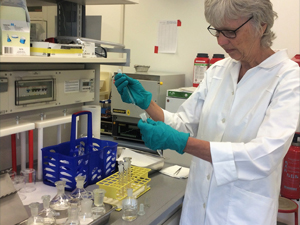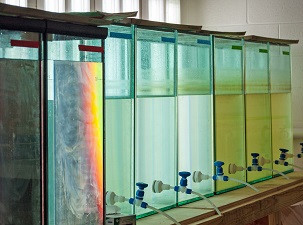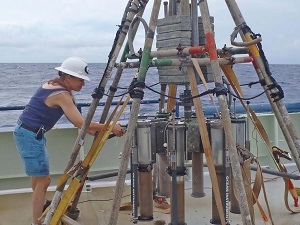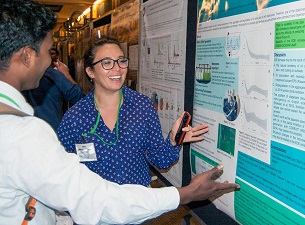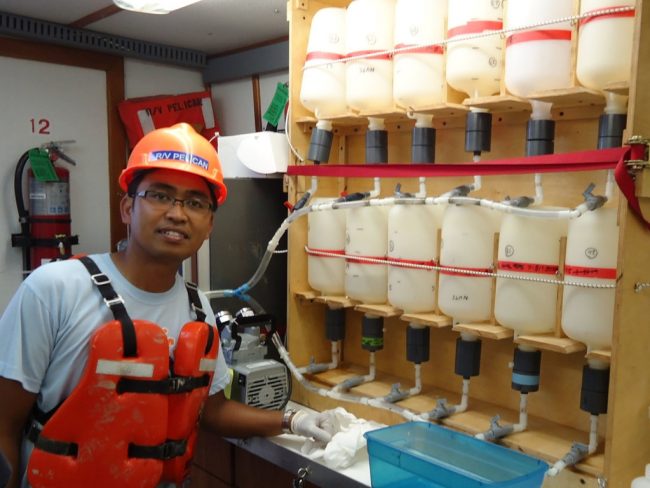Study Explores Complex Dispersant Effects on Marine Oil Snow Formation
Researchers simulated the sinking of marine particle aggregates in oil-dispersant mixtures to assess how Corexit chemical dispersant affects specific biological processes involving marine oil snow formation. The team found that Corexit could significantly enhance or inhibit marine oil snow formation depending on application timing and location and interactions with other water column compounds, making its influence difficult to predict.

